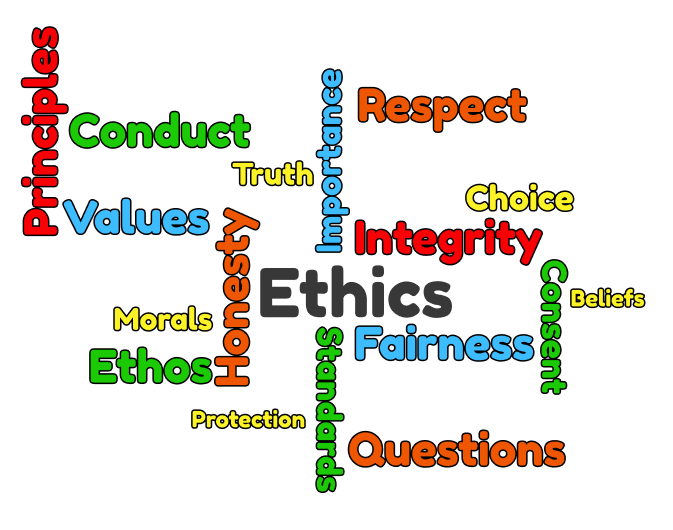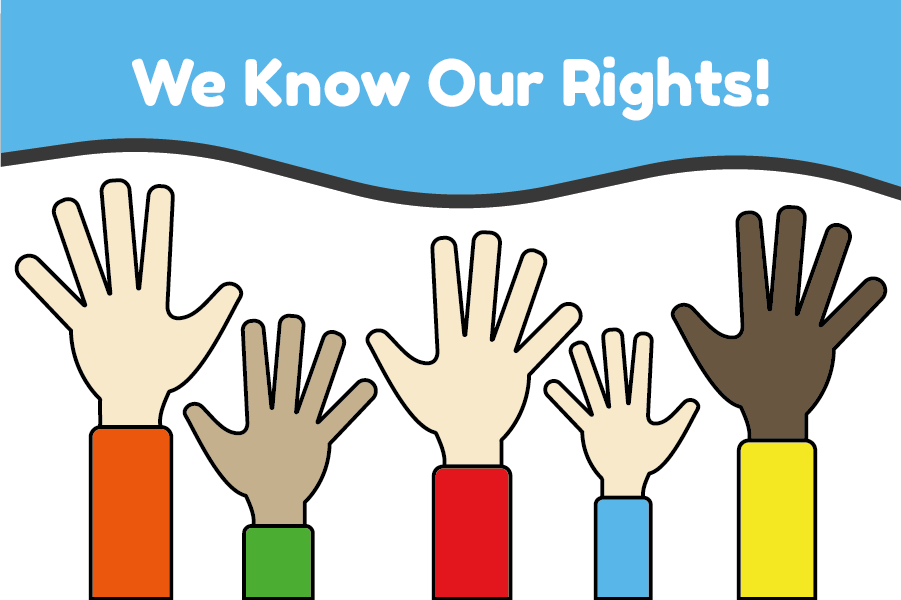It is important to include children in research projects, as they can provide insights within design processes that are difficult to detect if adults are the only participants in such projects. Any data gathered from child participants will have a significant impact on project findings.
Before allowing children to participate in any research activities, we provide children with enough information so that they can give informed consent. In any project that requires gathering data from participants, consent is given by participants to show they acknowledge the implications of their inclusion in the project. The topic of children and consent can be problematic, as children are still developing cognitively – meaning their ability to understand what they are consenting to is likely to be lesser compared to the average adult. These implications are explained to children in a fun way to help them grasp these complex topics. When this has been explained, after opportunities for children to ask questions, we often find that the children understand the implications of participation enough so that they can give informed consent.
Additionally, we also want children (and guardians) to realise that their participation provides meaningful benefits to both themselves and the researchers. On one hand, researchers benefit as they can gather data that will shape project findings. On the other hand, children are given an opportunity to develop social and collaboration skills during the project activities – useful life skills that could have long-term benefits. Child participation is not a meaningless novelty that takes place “for the sake of it” – it is essential to produce reliable project findings.
More than anything else, we aim to make the children’s participation in these projects a fun and memorable experience.


Children’s ethics is a topic we’re passionate about. Our group have attended many conferences and panels as guest speakers to discuss the subject with other industry experts.
An ongoing challenge within CSCW research communities is understanding research ethics norms and expectations as our methods and technologies evolve. Janet Read, the ChiCI group co-founder, joined this panel to provide an annual opportunity to interface with SIGCHI’s research ethics committee, which advises SIGCHI reviewers on changing norms in HCI and social computing research ethics.
Interaction Design and Children (IDC) as an academic field, and as a community, has a responsibility to engage with the many and diverse ethical challenges that arise from work that concerns the creation of digital technology for and with children – both in terms of research and industry contexts. This panel, joined by Janet Read, builds on a short history of similar events at previous conferences and aims to foster and strengthen the debate about ethical conduct and moral responsibilities in IDC. In this year’s panel, we aimed to broaden the discussion by collecting ethical concerns, issues or dilemmas from within the community which was discussed at the conference.
Designing technology for and with children comes with unique ethical challenges and responsibilities, related both to the inclusion of children in the research and design processes and to the outcomes of that work. With this panel, joined by Janet Read, our intention is to create a forum for critical reflection and debate about best practices, underlying drivers and persistent or emergent ethical challenges. As a starting point, this panel aimed to focus on questions around the involvement of children in our research and we aimed to hear from designers and researchers in this community with different backgrounds and perspectives to reflect the diversity of work being done and cultures in which they are conducted.